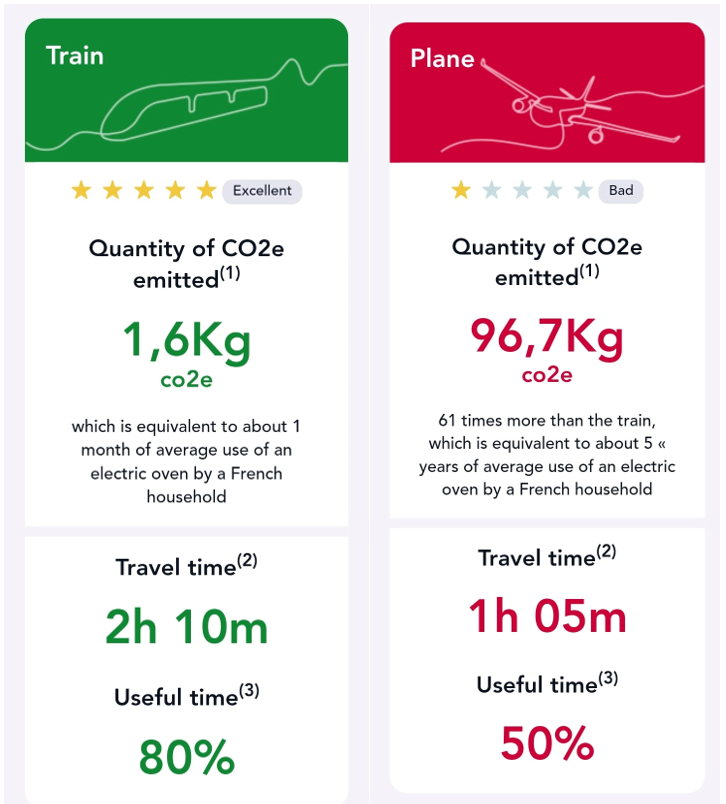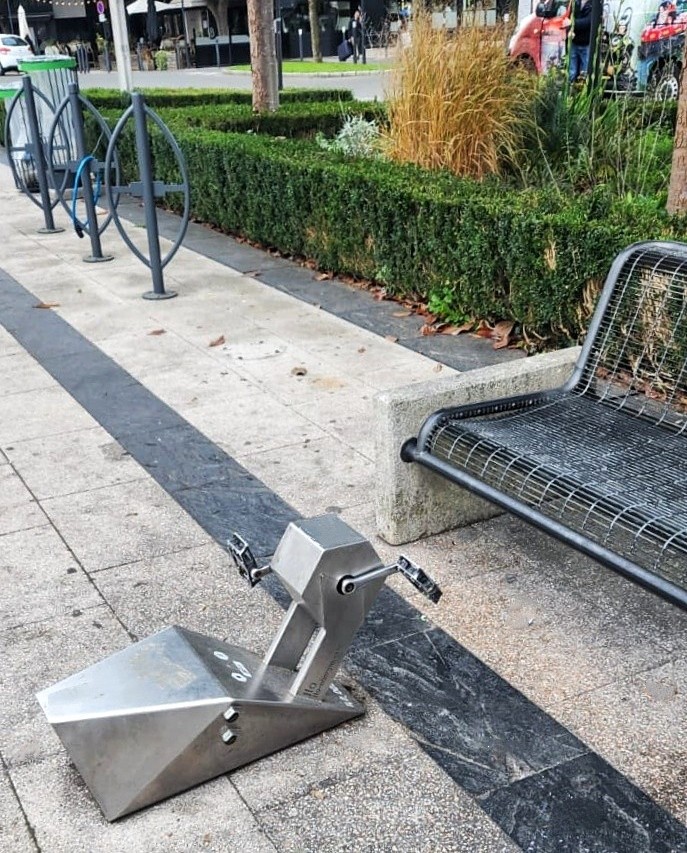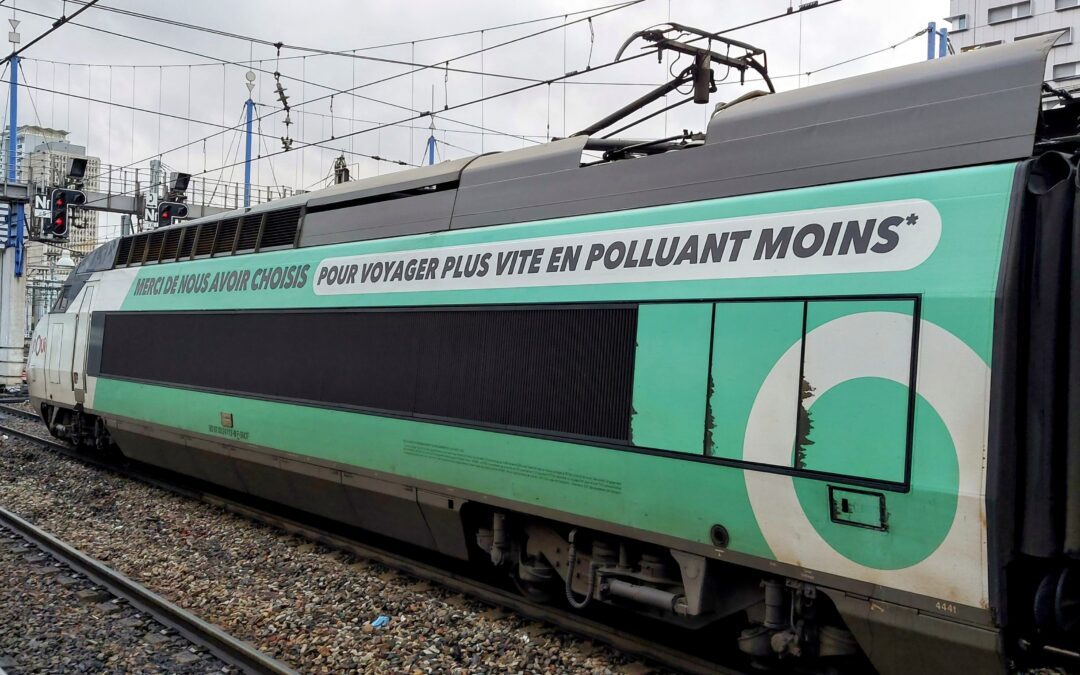The day after the U.S. election last month I headed to the Place du Marché in my tiny town of Baugé to pick up a few things for dinner.
The fishmonger wanted to talk about the results.
Him: “He won again?”
Me: Yes
Him: “Sorry.”
Me: Thanks
Him: “So much for the Paris climate accords.”
While U.S. voters have spent years disagreeing about climate change, subsidies for EVs, wind farms and solar panels, in France les changements climatiques are largely unquestioned.
Here in the region of Anjou I’ve noticed that adaptation and innovation have even become sources of pride. Our neighbors don’t just talk about saving energy. They preen about their efforts, compare tips and tricks and—wait for it—judge those who appear less juiced about cutting back.
This hubris became particularly clear on a trip to Paris recently, when the TGV conductor enthusiastically reminded passengers that we’d chosen “the most energy-efficient way to travel.” He then directed us to a dedicated website where we could compare the carbon emissions of our journey to a similar trip by plane.

Upon disembarking I also noticed the legend emblazoned on the engine: “Thanks for choosing us to travel more quickly while polluting less.”
The greening of France has been a key goal of President Emmanuel Macron. His government has budgeted billions to reduce dependence on fossil fuels, increased the percentage of electricity drawn from renewable sources, and advocated for very low-interest loans to help developing countries do the same.
The growing Gallic commitment to using less is highlighted on just about every major appliance sold here. Our new gas furnace touts an “Eco” option—the only setting our plumber recommends. Both the washing machine and the dishwasher have Eco buttons as well. And when a neighbor over for coffee heard the front loader purring at midday she admonished me to also take advantage of the “delay start” option so that the machine runs during les heures creuses (off-peak, 11:30 p.m. to 7:30 a.m.) when demand is lowest. “We must protect the grid!” she said.
My husband and I, both American, did invest in a tumble dryer (an exciting development after years of watching blue jeans not drying on French laundry lines), but none of our neighbors approved of the purchase. The machines are considered too wasteful, too consumptive, too unnecessary. My friend Annie offered only two words when she saw ours: “Mais…pourquoi?”
Conversely a neighbor with a large house and a south-facing roof told me with glee that he was installing an array of photovoltaic panels thanks to a generous pay-back scheme available to French taxpayers, and a guarantee that EDF, the national energy company, will buy any surplus energy he does not use.
“According to my calculations I can generate more kilowatts than anyone else in the street,” he crowed. He may be featured in a newspaper that occasionally highlights energy progress in our region.
What surprises me most about all these developments is the fun our friends seem to have with saving. We hear no complaints about dishes that emerge slightly wet or showers that are less than scalding. When the streetlights outside our door flicker off quite early (an energy-saving initiative that plunges our medieval town into darkness) residents—including the feisty 98-year-old Odette—grin and use their phones to light the way.

Photo: James H. Schwartz
You can rack up their good humor to the lingering Olympic spirit or global responsibility or classic penny pinching. (Electricity is 70% more expensive here than in the U.S.) But the result runs counter to tired stereotypes: When it comes to saving energy the French are positively cheery.
I thought about that at the train station in nearby Angers last week, where city officials in the Republic’s “greenest city” have found an easy way to make phone charging feel good.

Photo: James H. Schwartz
Take a seat on the bench just in front of the station, plug your mobile into the small turbine at your feet and start pedaling. You won’t get very far. But you will extend your battery life, burn a few calories and likely get a thumbs up from passersby, one of whom offered me a wink and shouted “Bon voyage, mon jeune,” as he headed home on his electric bike.
James Schwartz, a Washington Post colleague from many years back, lives with his husband (and dryer) in Anjou southwest of Paris.

Thank you, James and Anne. Please come visit us and our solar panels in the Perche sometime soon.
This is what we’re missing in the US! Making energy conservation fun!
Thanks for posting, James. I wish that the US was not the land of consumers. There are so many things that people do — like letting their cars idle, etc — that I just do not understand.